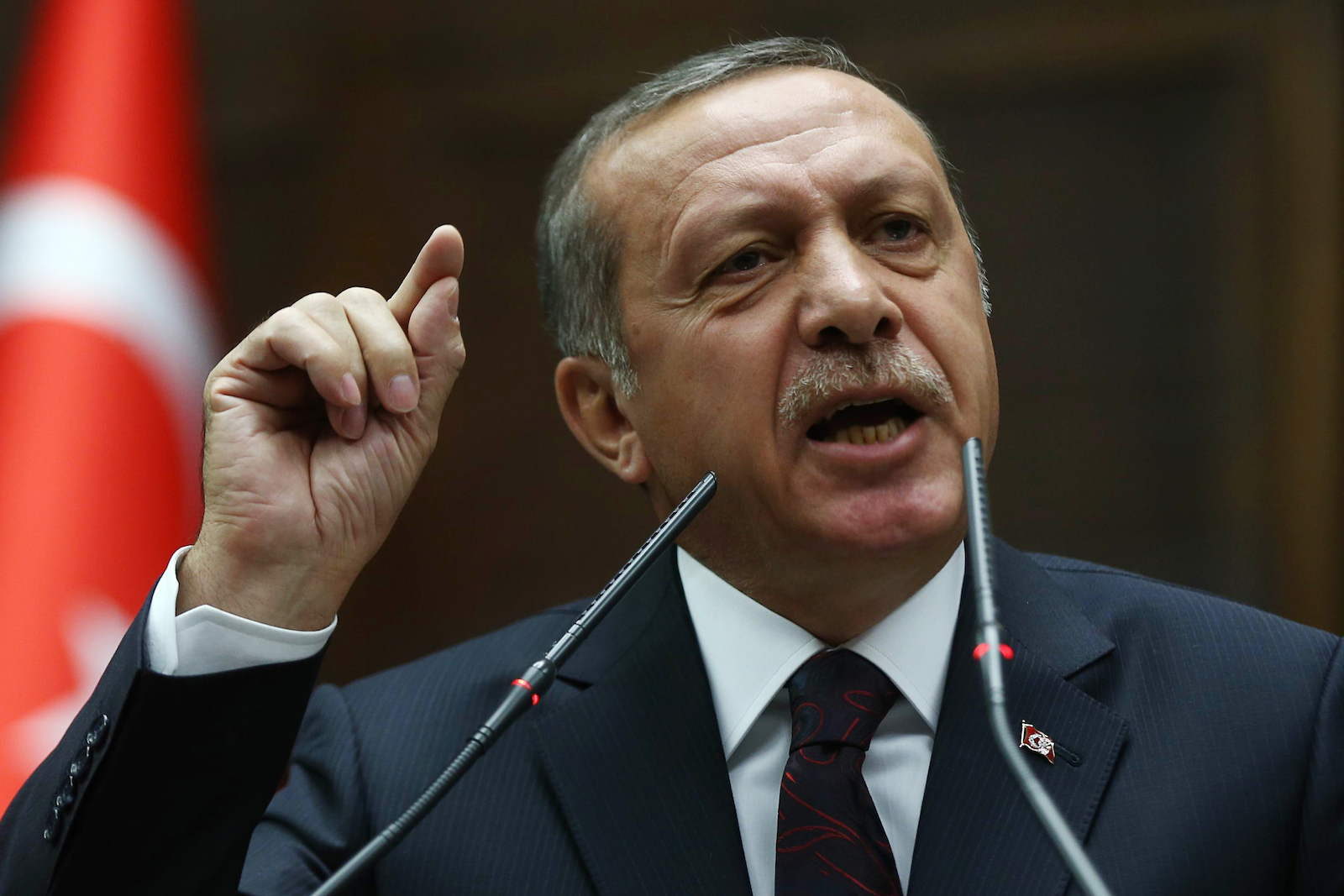
Can Erdogan Deliver with Israel?
Although the restoration of ties between Israel and Turkey is welcome news for both countries, it is premature to gauge how close Jerusalem and Ankara will become given their continued conflicts of interest. The ‘thaw’ in bilateral relations is likely to be slow, with the two countries’ divergent objectives in Palestine and Syria remaining an obstacle to significantly warmer relations. Nonetheless, as the Syrian crisis continues to threaten the security of all the Levantine states and the Iranian issue continues its slow boil, greater cooperation should be expected between the two. The rapprochement is real; the question is, does it matter?
From Israel’s perspective, improved ties with Turkey help to alleviate the plethora of security concerns arising events of the past two years – ranging from the change of leadership in Egypt, to the Egyptian/Iranian rapprochement, to growing concern over the stability of the Jordanian Monarchy, to an Iran that is increasingly assertive and defiant of the West, to the consolidation of power by Hamas in Gaza, and the ongoing stalemate in peace talks with the Palestinians. Israel has a full plate of security issues to contend with, none of which either appear to be easing or are likely to dissipate in the near term.
In this context, the restoration of ties with Turkey – which has one of the Middle East’s most powerful militaries – serves to assuage the tide of Israel’s growing isolation.
Given that many Islamic societies in Central Asia, the Middle East, and North Africa look to Turkey and its ruling party as a model for their political future, the commencement of a thaw between Jerusalem and Ankara offers the potential for Israel to improve ties with other Muslim countries down the road. That may appear to be too much for Israel to hope for at the present time, but is surely a long-term objective.
Yet Turkey’s acceptance of Israel’s apology for the Mavi Marmara incident in 2010 raises an important question. Following the incident, Ankara placed a restoration of ties with Israel on three conditions: 1) An apology, 2) Financial compensation to the victims’ families, and 3) Lifting the siege on Gaza. Ties have been restored without the third condition having been met. Why is that? The reason appears to be that Turkey fears the situation in Syria spiraling out of control, spilling over its borders, and into other Levantine states. Moreover, given that Erdogan could not have realistically envisioned Israel ending its siege on Gaza while Hamas maintains administrative authority of Gaza, the third condition was originally reflective of a more idealistic foreign policy aimed at the average person in the Arab street. That appears to have been replaced by pragmatism, given the circumstances and stakes involved.
It remains uncertain to what degree Turkey’s AKP (the ruling Justice and Development Party) leadership will seek to re-establish friendly relations with Israel. Given that Erdogan has earned a PhD in Soft Power on the Arab Street since coming to power, we wonder how cooperative Turkey can be perceived to be vis-à-vis Israel before Erdogan’s popularity in Arab circles begins to decline. If the Israeli military were to launch another strike on Gaza, it is doubtful that Turkey’s partnership with Israel can blossom. That said, perhaps the AKP envisions Turkey one day brokering a permanent peace between the Israelis and Palestinians. Stranger things have happened.
Ankara is attempting to sell this reconciliation as a triumph for Turkey. Considering that Israel is not in the habit of issuing apologies, Turkish officials hail Netanyahu’s apology as an indication that Turkey successfully applied pressure on Israel, ultimately forcing Jerusalem to blink. The truth appears to be slightly different, given that both sides had reestablished contact behind the scenes well before the phone call occurred. Still, Erdogan got most of what he wanted, and his ‘street cred’ remains intact in the Arab world – at least for now.
As Netanyahu promised Erdogan that Israel would ease restrictions on the flow of goods into Gaza, the AKP would certainly like Turks and Arabs to believe that Ankara’s position vis-à-vis Israel led to an improvement in living conditions for the Palestinians living in Gaza. However, as many are skeptical as to what changes Israel will actually make. It is uncertain how much the reconciliation between Jerusalem and Ankara will improve Gaza’s daily realities.
With the stakes so high in Syria, both Ankara and Jerusalem realize that in the long-term, there is more to be lost than gained from the continuation of severed diplomatic relations. If the carnage in Syria continues to spiral out of control and either the Turks or Israelis decide to intervene militarily, their capacity to exchange intelligence information and coordinate with the other will be highly valued in both capitals.
While it is difficult to predict how far either Israel or Turkey are willing to go to restore cooperative ties, it seems Ankara has more difficult decisions to make about how far and how fast the bilateral relationship will develop. From Israel’s perspective, it has already done what it rarely does – apologize and pay. Surely, Mr. Netanyahu is expecting something meaningful in return. Whether that occurs or not is now up to Mr. Erdogan, and dependent upon his political skills domestically and internationally.


